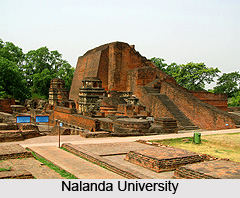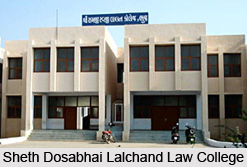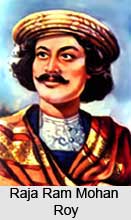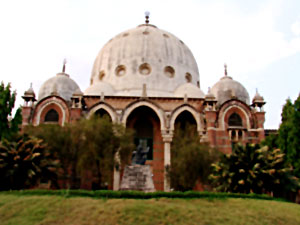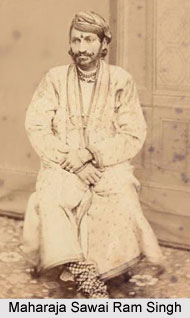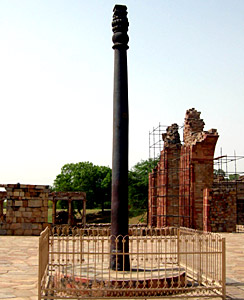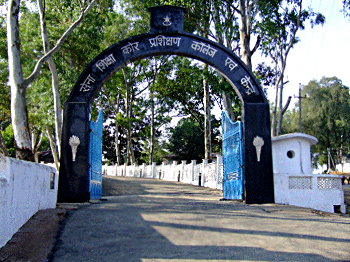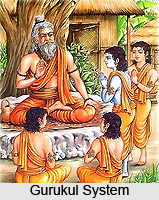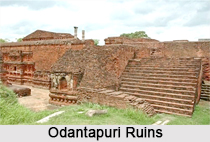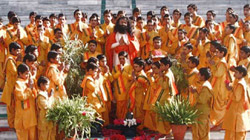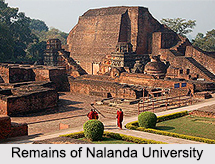Indian government has recognised education as one of the most important and premier aspects for building a modern, civilised society. The government has formed many governing bodies for regulating the educational system in India. The governing bodies include CBSE, CISCE, the State Government Boards, the National Open School and the International School.
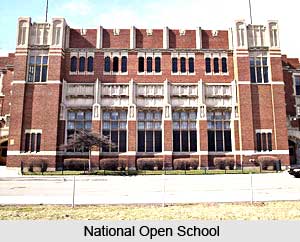 The Central Board of Secondary Education (CBSE) is the principal governing body of education system in India. It is in charge of conducting various examinations and also looks after the functioning of schools accredited to the central education system. The CISCE or the Council of Indian School Certificate Examination is actually a board for the Anglo Indian studies in India. This board conducts two different examinations, named the Indian Certificate of Secondary Education and the Indian School Certificate. The first examination is actually a k-10 examination for the Indian students, who have just completed class 10th. The second examination, named Indian school certificate is a k-12 public examination and it is conducted mainly for the students, studying in the class 12th.
The Central Board of Secondary Education (CBSE) is the principal governing body of education system in India. It is in charge of conducting various examinations and also looks after the functioning of schools accredited to the central education system. The CISCE or the Council of Indian School Certificate Examination is actually a board for the Anglo Indian studies in India. This board conducts two different examinations, named the Indian Certificate of Secondary Education and the Indian School Certificate. The first examination is actually a k-10 examination for the Indian students, who have just completed class 10th. The second examination, named Indian school certificate is a k-12 public examination and it is conducted mainly for the students, studying in the class 12th.
Besides the CBSE and the CISCE, the State Government Boards also play an important and significant role in the Indian education system. The boards are named as the State Board of Education and they bear the responsibilities of all kinds of education activities in their respective states. The National Open School, also known as the National Institute of Open Schooling was established by the Government of India in 1989, mainly for providing education to the students, who fail to attend formal schools. There is another education governing body in India, named the International School. This school controls the educational activities of those schools that are accredited to the curriculum of international standard.
Apart from the above mentioned education governing bodies, there are some other statutory bodies that govern the higher education in India. Each of these bodies is in charge of regulating different types of education in India, like the general education, medical education, technical education etc. The university Grants Commission (UGC) is the largest among these bodies. UGC is responsible for coordination, determination and maintenance of standards, release of grants, for the universities in India. Apart from the UGC, the other education governing bodies in India include the All India Council for Technical Education (AICTE), the Distance Education Council (DEC), the Indian Council for Agriculture Research (ICAR), the Bar Council of India (BCI), the Central Council of Indian Medicine (CCIM) etc.
